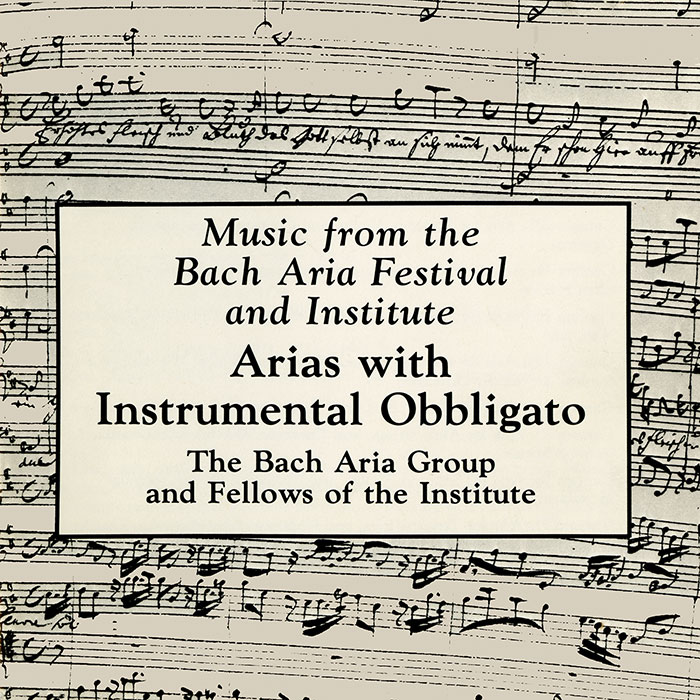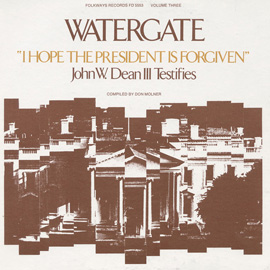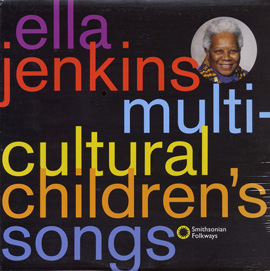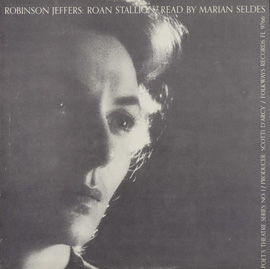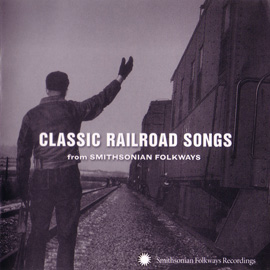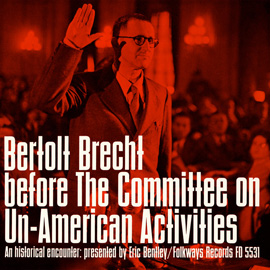Track Listing
|
101
|
Bach Aria Group
|
05:37 | |
|
102
|
Bach Aria Group
|
03:33 | |
|
103
|
Bach Aria Group
|
09:35 | |
|
104
|
Bach Aria Group
|
05:46 | |
|
105
|
Cantata 105: Aria for Soprano, Oboe, Violins, and Violas: Wie zittern und wanken der Sünder Gedanken
Bach Aria Group
|
06:33 | |
|
106
|
Bach Aria Group
|
05:50 | |
|
107
|
Bach Aria Group
|
10:31 | |
|
108
|
Bach Aria Group
|
05:01 | |
|
109
|
Bach Aria Group
|
08:39 | |
|
110
|
Bach Aria Group
|
05:36 | |
|
111
|
Bach Aria Group
|
06:20 |


